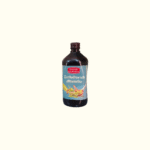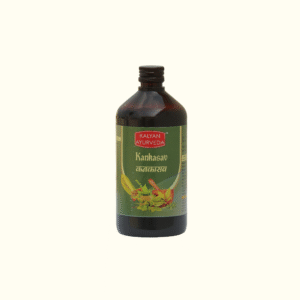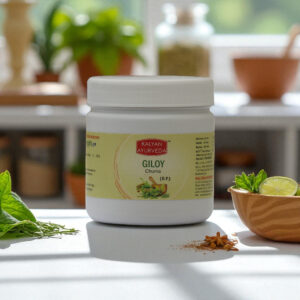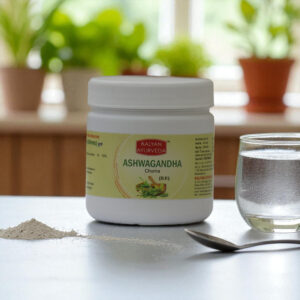Description
Shatavari, scientifically known as Asparagus racemosus, is a perennial herb that is highly regarded in Ayurvedic medicine for its numerous health benefits, particularly for women’s health. Here are some key points about shatavari:
Nutritional Profile
- Rich in Nutrients: Shatavari contains various vitamins and minerals, including vitamins A, C, E, and K, as well as folate, calcium, magnesium, and iron.
- Saponins: It is rich in saponins, which are compounds known for their health-promoting properties.
Health Benefits
- Women’s Health: Shatavari is often referred to as a “female tonic” and is traditionally used to support reproductive health. It may help regulate menstrual cycles, alleviate symptoms of premenstrual syndrome (PMS), and support fertility.
- Lactation Support: Shatavari is known to promote milk production in breastfeeding mothers, making it a popular herb for nursing women.
- Hormonal Balance: It may help balance hormones and support overall hormonal health, particularly during menopause.
- Digestive Health: Shatavari has soothing properties that can help support digestive health and alleviate gastrointestinal issues.
- Immune Support: The herb is believed to have immunomodulatory effects, helping to enhance the body’s immune response.
Culinary Uses
- Powder Form: Shatavari is often available in powdered form, which can be added to smoothies, milk, or other beverages.
- Herbal Supplements: It is also available in capsule or tablet form as a dietary supplement.
How to Use
- Dosage: The recommended dosage can vary based on individual health needs. A common dosage is about 1-2 teaspoons of shatavari powder mixed with warm milk or water, but it’s best to consult a healthcare professional for personalized guidance.
- Timing: It can be taken at any time of the day, but many prefer to take it in the morning or before bedtime.
Precautions
- Pregnancy and Breastfeeding: While shatavari is often used to support lactation, pregnant women should consult a healthcare provider before using it, as its effects during pregnancy are not well studied.
- Allergies: Individuals with known allergies to asparagus or related plants should avoid using shatavari.
Conclusion
Shatavari is a versatile herb with a long history of use in traditional medicine, particularly for women’s health. Its numerous health benefits and nutritional profile make it a valuable addition to a holistic wellness routine. As with any herbal supplement, it’s important to use it responsibly and consult a healthcare professional if you have any concerns.










 Ashwagandha Churna
Ashwagandha Churna
Reviews
There are no reviews yet.